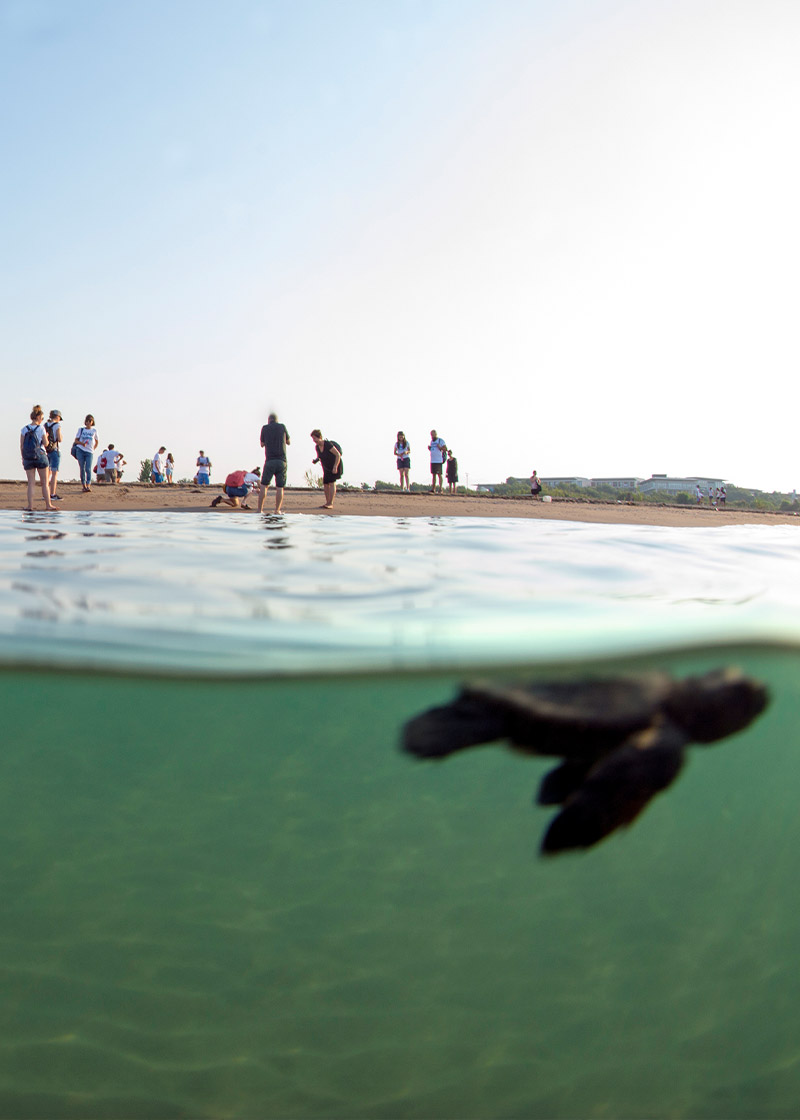BETTER.
PROTECT
As a denim-centric brand, we see the protection and restoration of what nature offers us as a fundamental responsibility. We promote a net-zero business model by tackling the climate crisis to protect natural resources and restore the ecosystem.
*Mavi is the first and only Turkish apparel company to make the CDP’s 2023 A list with a double A score. Read more…TACKLING CLIMATE CRISIS:
We are aware that the textile industry is responsible for generating significant amounts of greenhouse gas emissions across the value chain, from cotton grown in the fields to the end products purchased by the consumers. At Mavi, we focus on reducing our carbon footprint along the entire value chain to tackle the global climate crisis. We bring our suppliers into the process and encourage them to reduce their environmental impact caused by production. In addition to designing collections with innovative and sustainable materials, we also aim to increase the share of these products in our revenues gradually. As we invest more in sourcing renewable energy, we continue to launch pioneering projects such as energy efficient eco stores to pave the way for the industry.
ECOSYSTEM RESTORATION:
Mitigating the intense stress on nature and restoring the frail ecosystem is a key priority for us. Therefore, we focus on areas such as efficient use of water resources, controlled use of chemicals, packaging and waste management, and biodiversity across the supply chain. Accordingly, we encourage making sustainable products that require less water and recycling water in production processes. To protect the health of manufacturers and consumers, and minimize environmental impact, we strive to reduce the consumption of chemicals and comply with the Zero Discharge of Hazardous Chemicals (ZDHC) criteria. Furthermore, we aim to use only FSC-certified (Forest Stewardship Council) packaging, making sure that all packaging materials are recycled. We adopt the circular economy approach to waste management and work to reintroduce the scraps and other excess materials back into the system. We also develop and launch projects to raise social awareness about protecting biodiversity.

